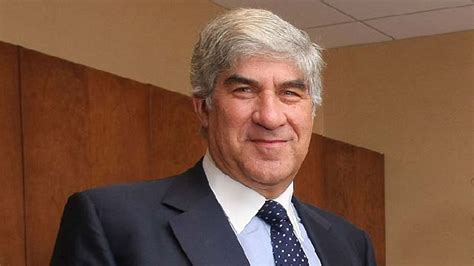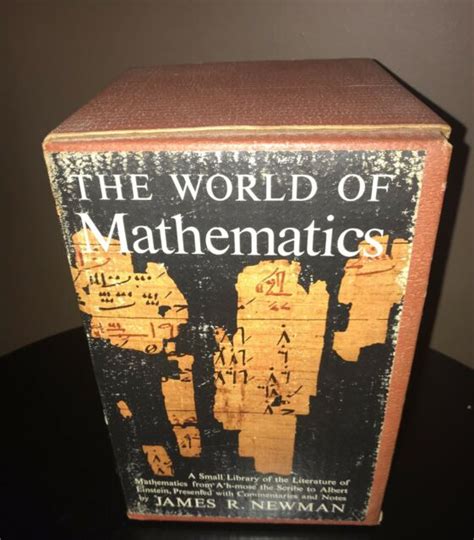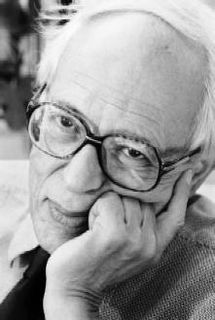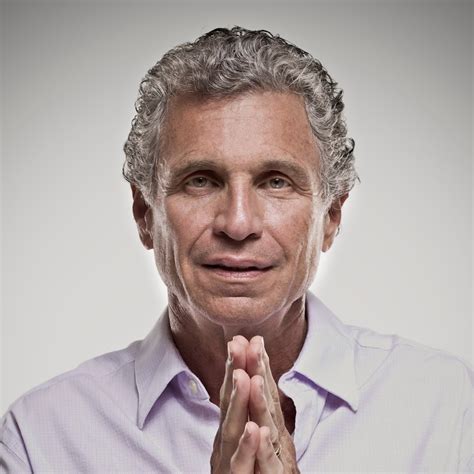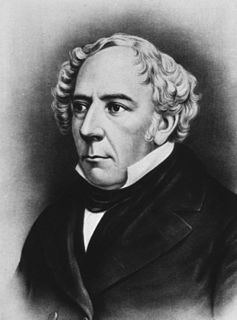A Quote by Al Gore
Earlier in this century, the Heisenberg Principle established that the very act of observing a natural phenomenon can change what is being observed. Although the initial theory was limited in practice to special cases in subatomic physics, the philosophical implications were and are staggering.
Related Quotes
The Heisenberg principle - If something is closely observed, the odds are it is going to be altered in the process. The more a price pattern is observed by speculators the more prone you have false signals; the more the market is a product of nonspeculative activity, the greater the significance of technical breakout
While brother Joseph was referring to the provinces of God, I was led to reflect that there is no act, no principle, no power belonging to the Deity that is purely philosophical. The birth of the Saviour was as natural as are the births of our children; it was the result of natural action. He partook of flesh and blood - was begotten of his Father, as we were of our fathers.
In the eighteenth century it was often convenient to regard man as a clockwork automaton. In the nineteenth century, with Newtonian physics pretty well assimilated and a lot of work in thermodynamics going on, man was looked on as a heat engine, about 40 per cent efficient. Now in the twentieth century, with nuclear and subatomic physics a going thing, man had become something which absorbs X-rays, gamma rays and neutrons.
Modern physics is describing what the ancient wisdom keepers of the Americas have long known. These shamans, known as 'the Earthkeepers,' say that we’re dreaming the world into being through the very act of witnessing it. Scientists believe that we’re only able to do this in the very small subatomic world. Shamans understand that we also dream the larger world that we experience with our senses.
Science works because the phenomenon being described can be relied on to remain the same. Even in quantum physics, where phenomena are changed by observation, the way in which observation interferes is regular and falls within a limited range of possibilities. Human culture, however, has the nasty habit of never staying the same for very long.
Ancient wisdom and quantum physicists make unlikely bedfellows: In quantum mechanics the observer determines (or even brings into being) what is observed, and so, too, for the Tiwis, who dissolve the distinction between themselves and the cosmos. In quantum physics, subatomic particles influence each other from a distance, and this tallies with the aboriginal view, in which people, animals, rocks, and trees all weave together in the same interwoven fabric.
As is well known the principle of virtual velocities transforms all statics into a mathematical assignment, and by D'Alembert's principle for dynamics, the latter is again reduced to statics. Although it is is very much in order that in gradual training of science and in the instruction of the individual the easier precedes the more difficult, the simple precedes the more complicated, the special precedes the general, yet the min, once it has arrived at the higher standpoint, demands the reverse process whereby all statics appears only as a very special case of mechanics.
Which is to say that culture is not a reflex of political economy, but
that society is now a reflex of key shifts in music theory and practice....
[Sampladelia is] the sound made by those early-twentieth-century discoveries
in particle physics and relativiity theory, the projection of the minds of
Einstein, Heisenbery, and Bohr, their fateful explorations of liquid time,
curving space, uncertainty fields and relativity theorems, into densely
configured and fully ambivalent android music tracks

